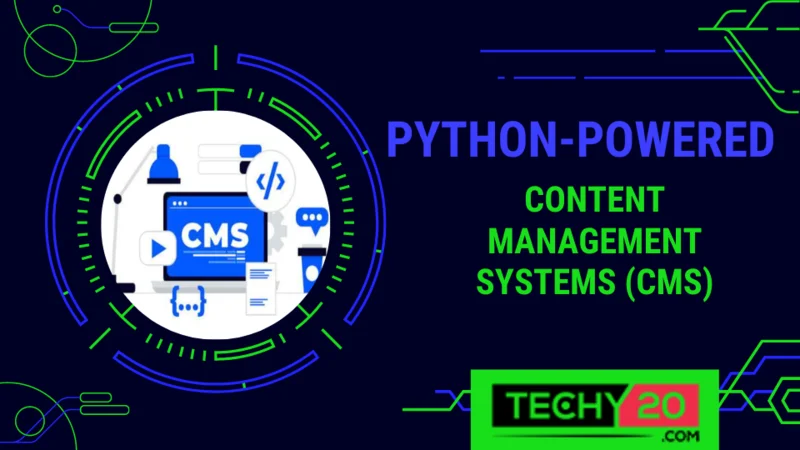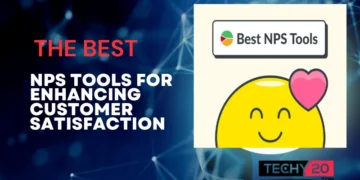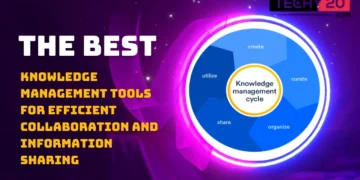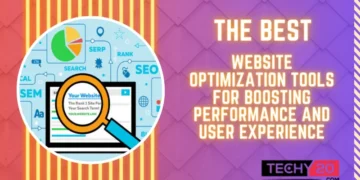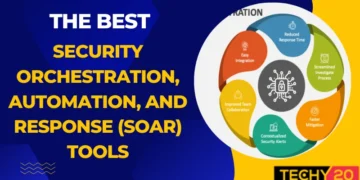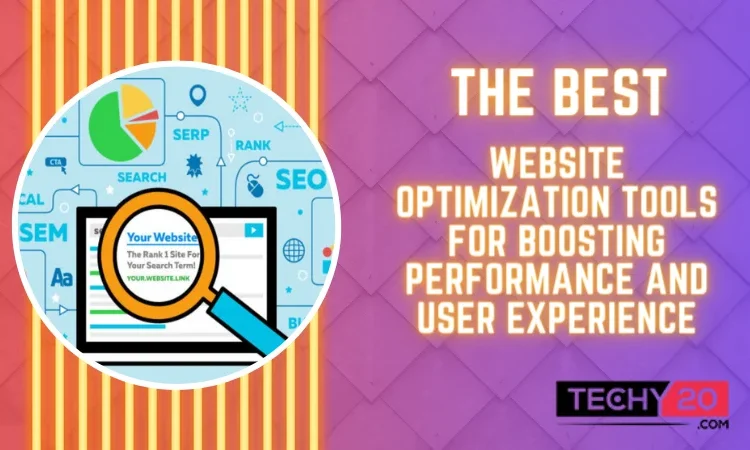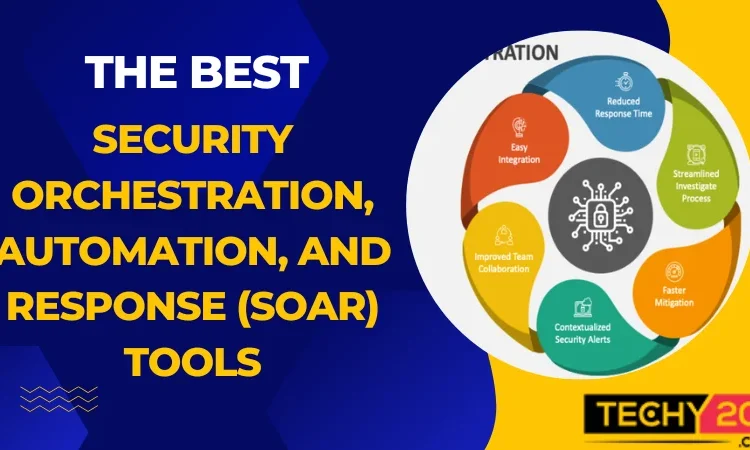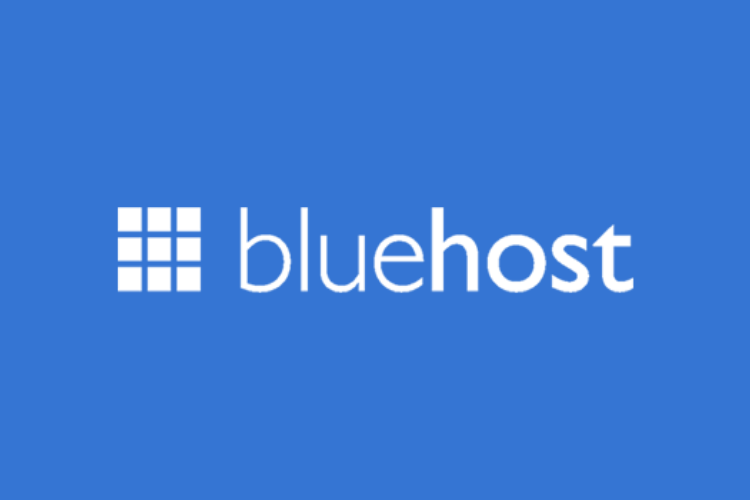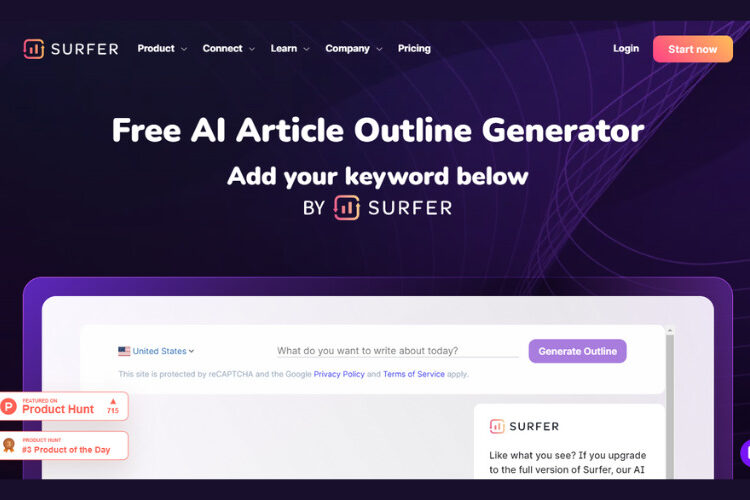Python-powered Content Management Systems (CMS) have gained popularity due to their ease of use, robustness, and adaptability. These CMS solutions provide an array of functionalities, including content management, search engine optimization, e-commerce capabilities, and more. Developed on frameworks like Django and Wagtail, Python-based CMS options equip developers with the tools to build websites swiftly and effectively.
1. Django CMS
One noteworthy Python-based CMS is Django CMS, built on the Django web framework. With its user interface and features like drag-and-drop page editing, support for multiple languages, and a plugin system for extending functionality, Django CMS is an ideal choice for constructing intricate websites that can handle substantial content and heavy traffic.
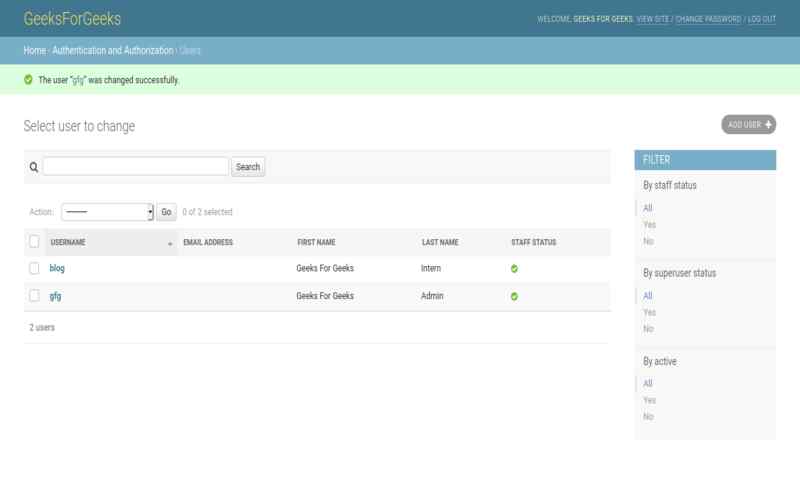
2. Other Python-Based CMS Options
Wagtail: An open-source CMS designed explicitly for Django, known for its user interface and features like inline editing, customizable workflows, and advanced content modeling capabilities.
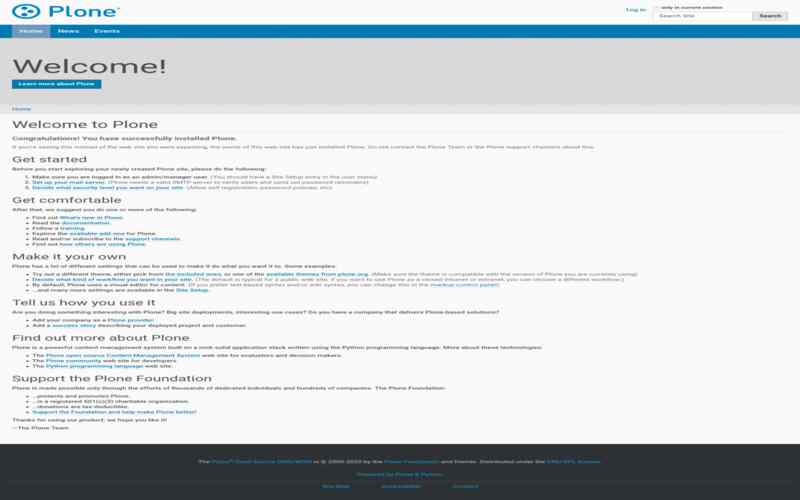
3. PyroCMS
Built on Laravel, PyroCMS is the foundation for the CMS. It offers users a user interface, customizable templates, and a powerful addon system. PyroCMS has features such as content versioning and multi-site management, making it a complete solution for managing website content.
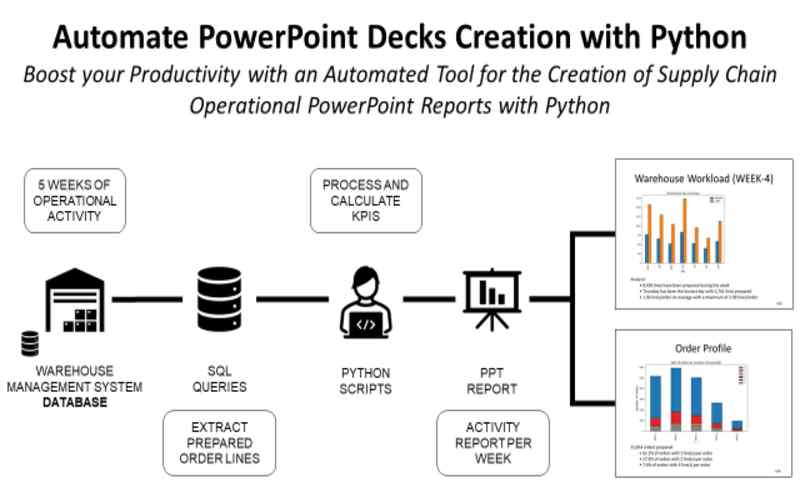
4. Kotti
Kotti is a web application framework built using Python designed to be user-friendly and compatible with Pyramid. It provides a range of content types with a security model and integration capabilities with popular Python libraries.
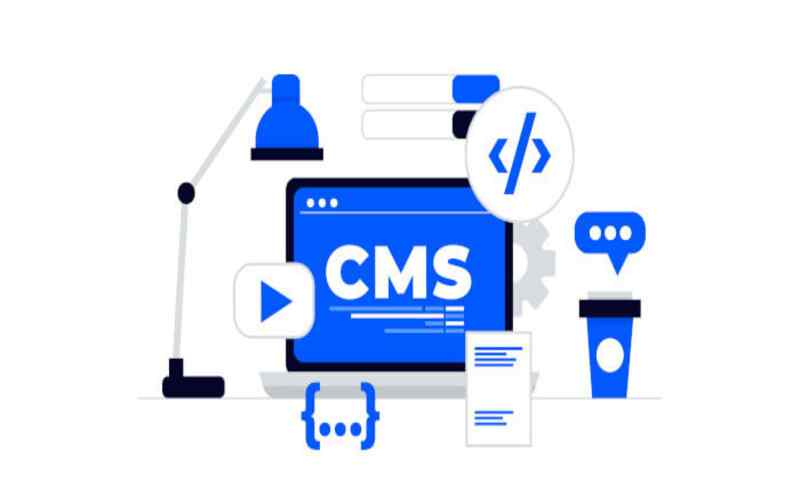
5. FeinCMS
Another CMS based on Django, FeinCMS offers developers flexibility, enabling the creation of content blocks and the construction of page structures in a straightforward manner. It also provides features like SEO optimization, media management options, and a customized admin interface.
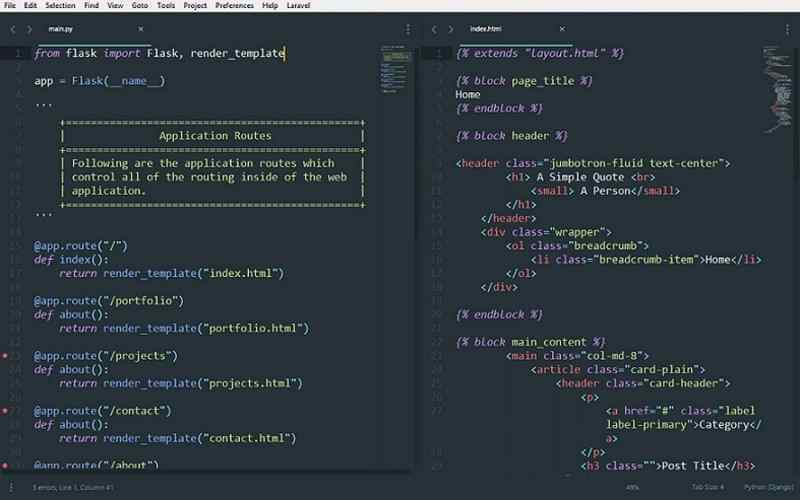
6. BlueBream
Formerly known as Zope 3, BlueBream is robust as a web application server and framework. It utilizes a component-based architecture for development practices while providing comprehensive access control and content management capabilities.
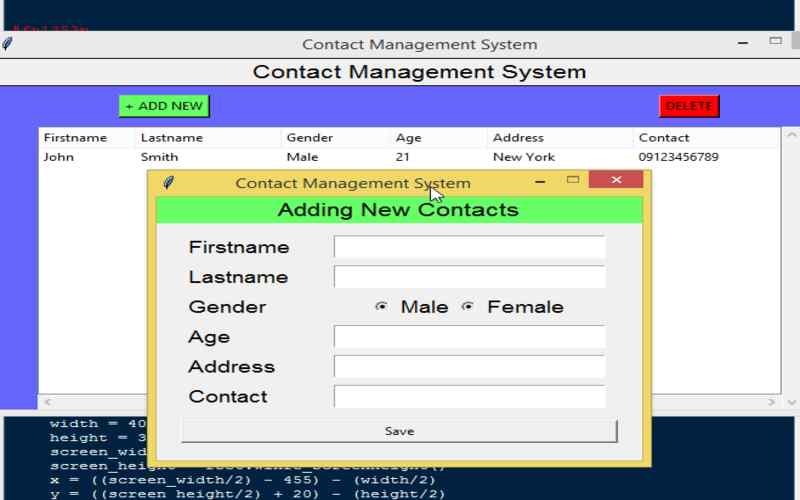
7. Saleor
Saleor is an e-commerce solution built on Django and GraphQL, offering product management functionalities, customizable storefronts, and a powerful admin dashboard. It combines the features of both CMS platforms, providing a blend of flexibility and extensive features for e-commerce.
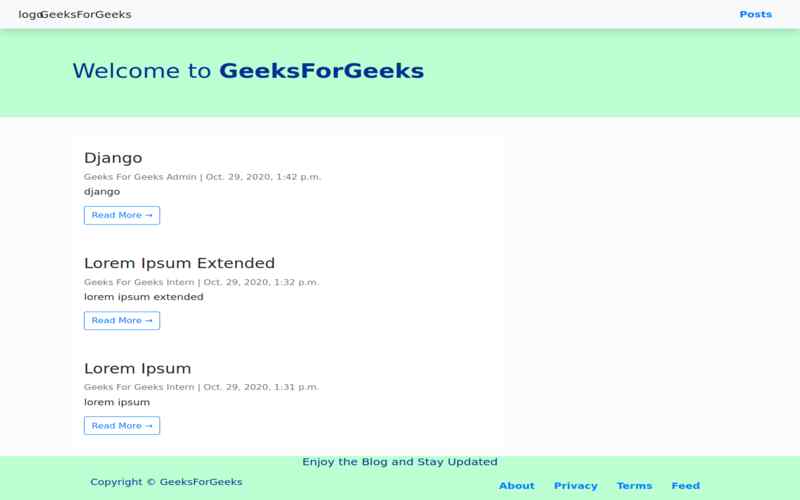
8. GrapesJS
GrapesJS is a web builder framework integrated into Django and Flask applications, providing a user interface for creating websites and editing content. It offers drag-and-drop functionality, customizable templates, and real-time collaboration.
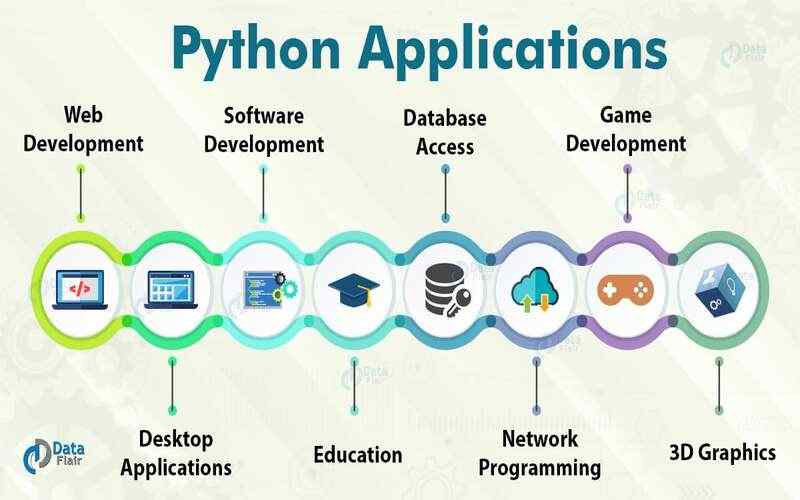
9. Tendenci
Tendenci is a CMS specifically designed for organizations, providing features such as event management, member directories, online payments, and content management. The interface is user-friendly, and the themes are customizable to cater to the needs of nonprofits.
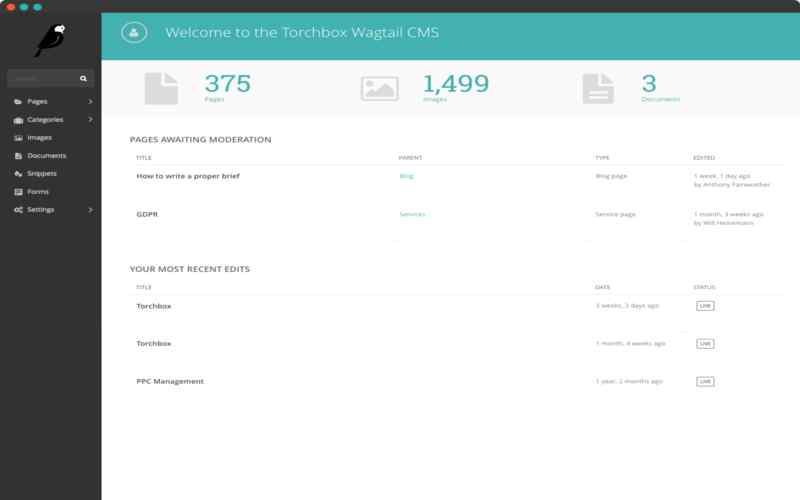
10. Oppia
Oppia is an open-source learning platform built on Django, allowing content creators to develop lessons and assessments. It provides features like learner analytics, collaboration tools, and lesson versioning, offering a comprehensive learning experience.
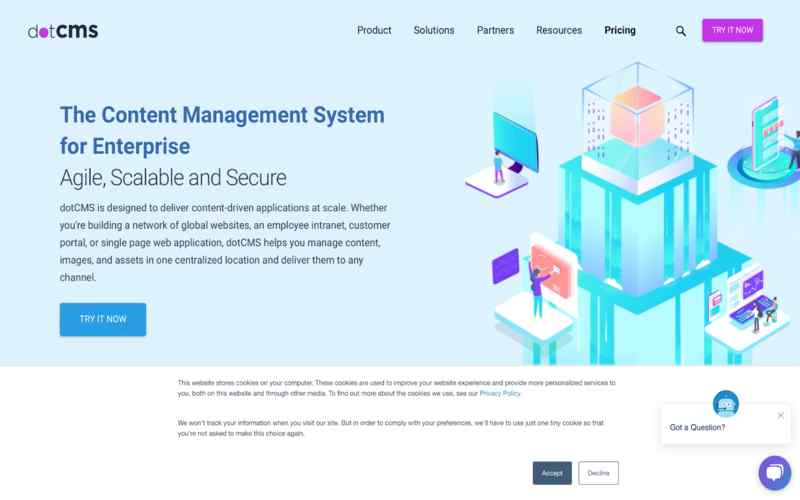
11. Turbogears
Regarding web frameworks for building content management systems, Turbogears offers code generation, database integration, and a robust Object Relational Mapping (ORM) system. It simplifies the development process and enables the prototyping of applications.
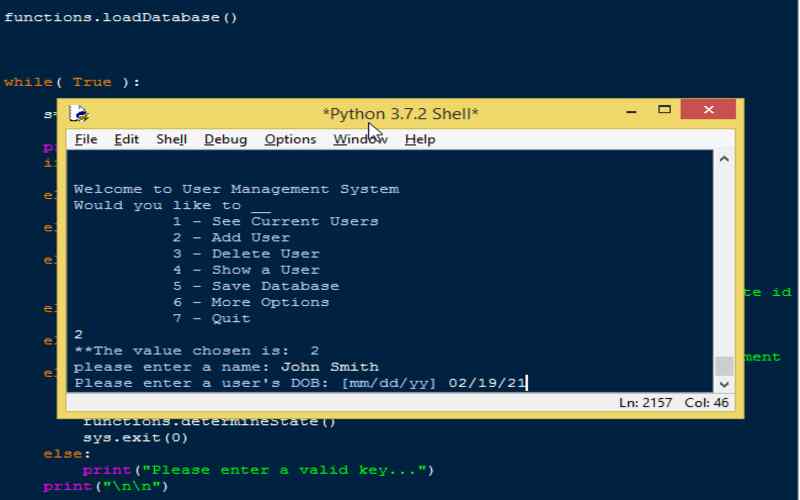
12. Flask CMS
Flask CMS is another option for those seeking a CMS solution built on Flask and MongoDB. It offers user authentication, content publishing, and an intuitive admin panel, providing users with a robust CMS.

13. Pico
Pico is a CMS built with Python that aims for simplicity and speed. It allows developers to create and manage websites without relying on a database, offering support for Markdown, customizable templates, and plugin integration. It simplifies the development process and enables the prototyping of applications.
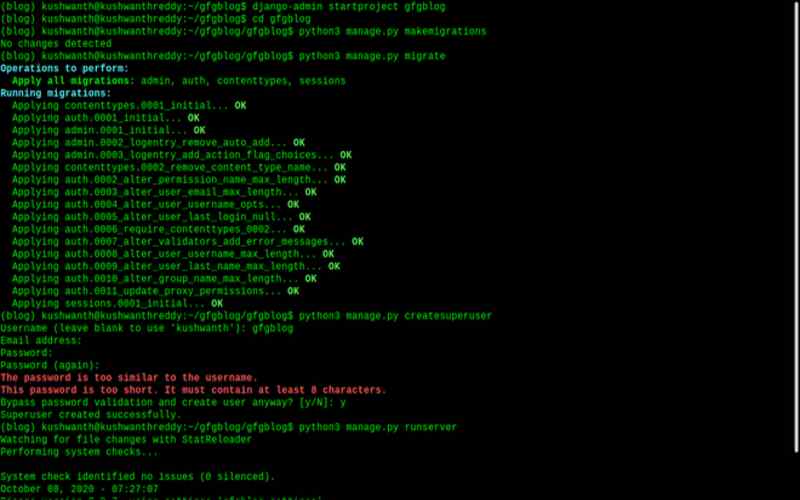
14. Pelican
Conversely, Pelican functions as a static site generator but can also serve as a simple CMS. Developers can write content using Markdown or restructured Text, generate HTML pages, and utilize options for theming, usage, and easy deployment.
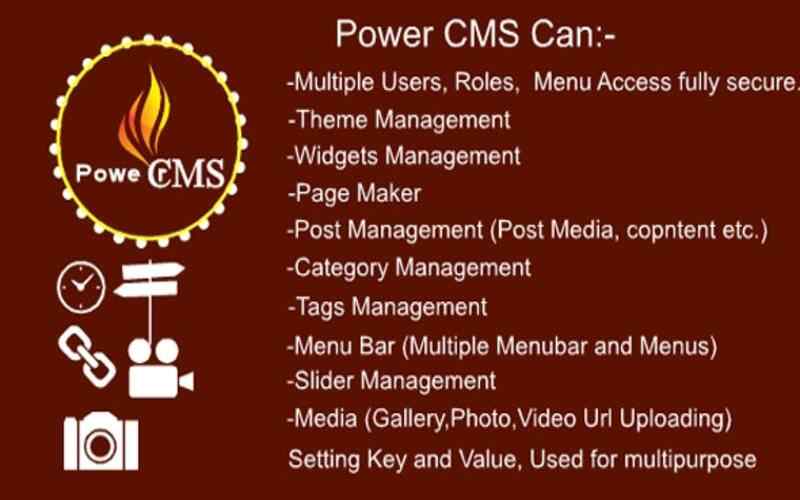
15. Nikola
Nikola is another site generator that works as a CMS, providing features like content management, theming capabilities, and RSS/Atom feeds. It is known for its user approach and simplicity. Nikola combines the features of both CMS platforms, providing a blend of flexibility and extensive features for e-commerce.
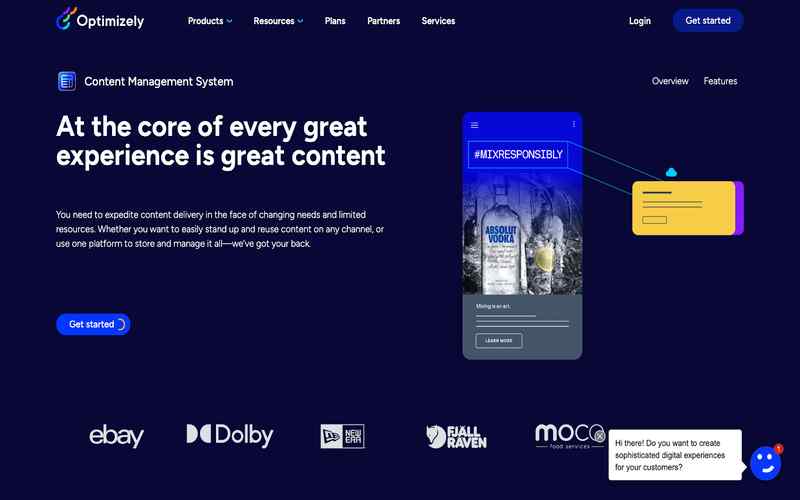
16. Web2py
Web2py stands out as a web framework bundled with an integrated web-based IDE. Its features encompass MVC architecture, CRUD generation, and a secure development environment. It simplifies the development process and enables the prototyping of applications. This framework streamlines the development process while enabling the deployment of CMS applications.

17. Mezzanine
Built on Django, Mezzanine is preferred for small to medium-sized websites, offering features like a built-in blog engine, page hierarchy management, and SEO optimization. It simplifies the development process and enables the prototyping of applications.
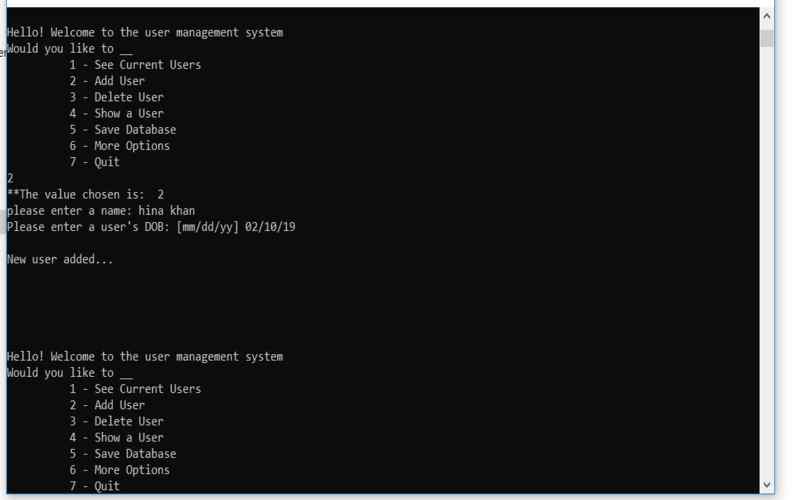
18. Plone
Stands out for its security measures, built on the Zope application server, and is ideal for enterprise-level websites with versioning functionality, workflow management tools, and multilingual support features.
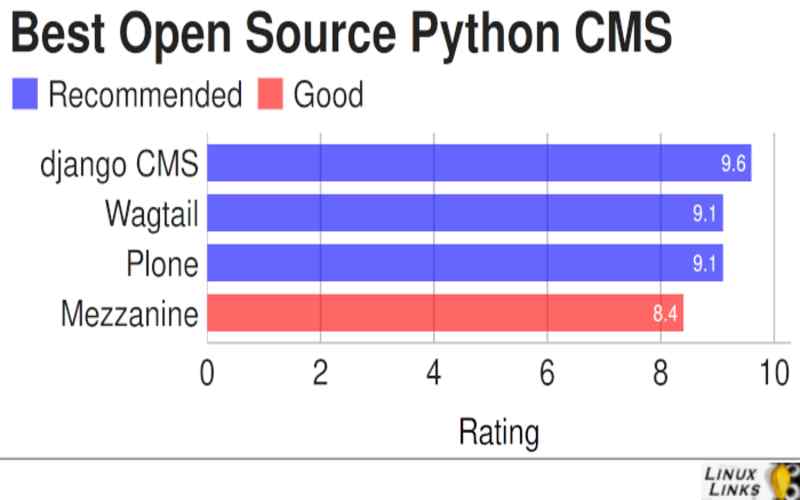
19. Quokka
A CMS solution with flexible content types, robust search functionality, and an easy-to-use admin interface built with the Flask framework. It combines the features of both CMS platforms, providing a blend of flexibility and extensive features for e-commerce.
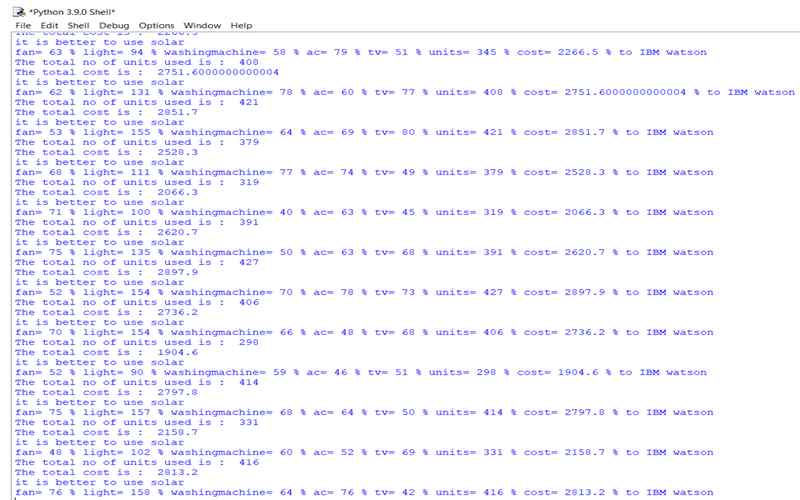
20. Flask FlatPages
A lightweight CMS option that allows developers to create and manage flat pages using Markdown or reStructuredText formats, suitable for websites with minimal content management needs.
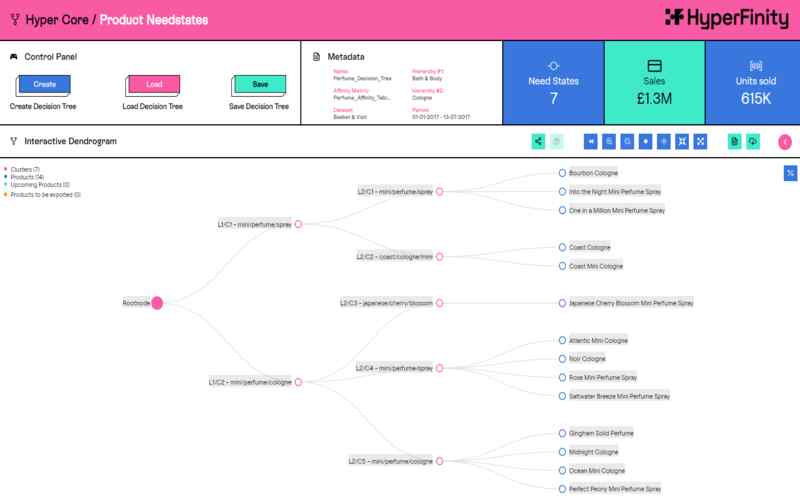
Conclusion
Python-based CMS options provide features, flexibility, and scalability while also facilitating functionality and solution building for developers. When choosing a Python-based CMS, it is critical to consider the requirements, budget, and target market, among other factors. With the proper selection, developers can create robust and efficient websites and applications that meet their needs.

